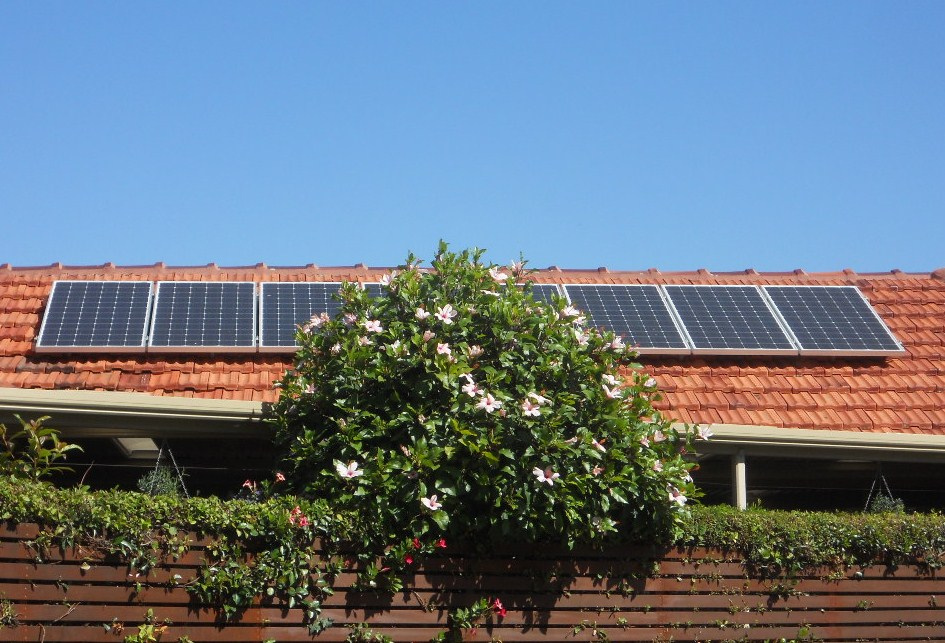A Victorian council is trailblazing an exciting new scheme designed to help low-income pensioners buy solar panels with no upfront costs, while slashing their electricity bills.
More than 300 low-income pensioner households have grabbed the opportunity to get their slice of solar after Darebin City Council allocated $900,000 in its 2013/2014 budget to fund its Solar Saver program and bulk-buy solar panels of between 1.5kW and 2kW.
Two companies, Positive Charge and Energy Matters, are currently installing the systems.
The genius of the scheme – which the council believes is the first of its kind – is that both the council and pensioners recoup their costs over ten years through the council rates system.
The council will introduce a small special rate charge for participating households in July next year to recoup the money spent on solar panels, which averages about $2909 per household.
The money households save on their electricity bills will exceed their extra rate payment.
Darebin Mayor Tim Laurence said the small special rate charge would reduce the twin barriers of up-front costs and challenging repayment schedules for low-income pensioners.
“Our research shows that over a ten-year period, the benefit for a household with low to average electricity usage is expected to be between $170 to $1500, with the most significant benefits experienced by those using more electricity during the day when solar power is generated,” Cr Laurence said.
Mr Laurence said the scheme’s design meant Darebin City Council’s investment would be returned after ten years, freeing up capital for other initiatives.
David Meiklejohn from the Northern Alliance for Greenhouse Alliance (NAGA), which is a partner in the scheme, told Government News that the scheme also made pensioners more relaxed about switching on their airconditioning or heating during inclement weather, which was important given the increased length and severity of heatwaves.
“We know anecdotally that people have said they are nervous about putting on the airconditioning or they put it on for short periods of time because they are nervous about electricity bills at the end of the quarter,” Mr Meiklejohn said.
“(Solar Saver) hits a number of key areas for us: being able to get more renewable energy out into the community and making older people less vulnerable to heatwaves so we make sure they’re looked after.”
Mr Meiklejohn said that other councils were looking to the Solar Saver scheme as a blueprint.
NAGA was also exploring the possibility of partnering with banks or organisations like the Clean Energy Foundation where councils could not afford the upfront costs of solar panels.
Darebin will review the project in early 2015 to determine whether to extend it to more low income households.
The program is expected to create over 8 million kWh of solar energy over the ten-year period – equivalent to over 10,000 tonnes of greenhouse emissions.






I would definetly benefit from this program